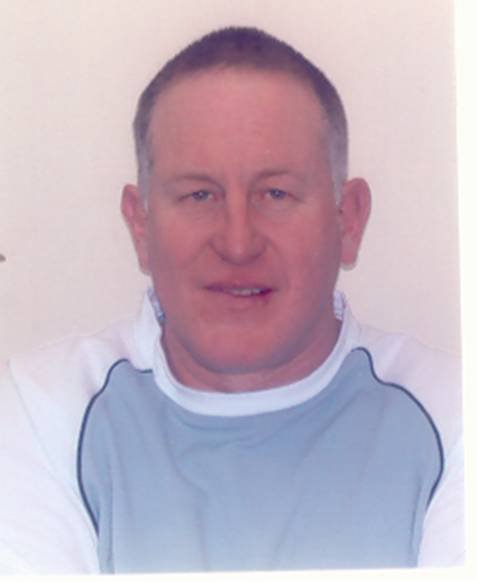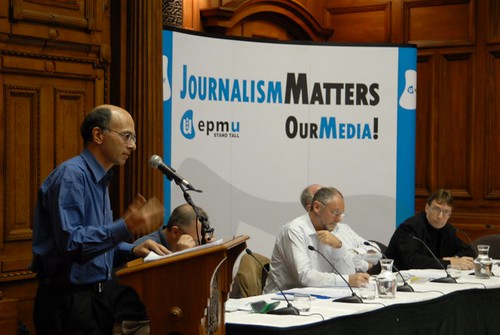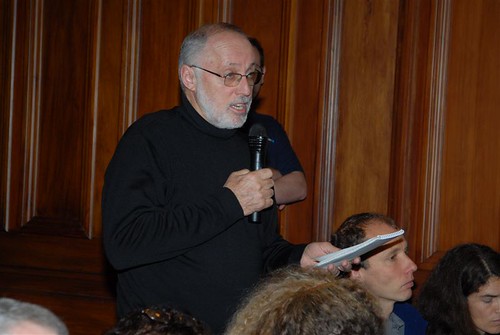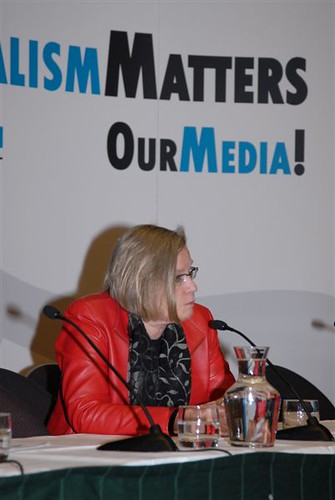I've been in Wellington for a few days attending a couple of conferences on media and politics.
The first one at the beautiful Te Papa (national museum) was organised by NZ's broadcasting minister, Steve Maharey and was concerned with "Broadcasting Futures". The key themes were to examine the future of television in a convergent future - what many at the conference began calling the age of the "third screen".
The second was the New Zealand Political Studies Association conference at Victoria University, Wellington. There was a media & politics stream and the most interesting speaker was former TVNZ News/CAff head, Bill Ralston.
Ralston's always outspoken and he didn't disappoint. He described the TVNZ model as flawed and unworkable, mainly because of the fundamental and probably unresolvable contradiction between the public service "social dividend" responsibility imposed by the TVNZ Charter and the "financial dividend" of around nine percent a year (roughly $NZ30 million) that the national broadcaster must return to its sole shareholder, the New Zealand government.
It is this economic imperative - based on the market model of commercial broadcasting - that turns TVNZ news journos into what Ralston describes as "news clerks". This is not their fault and I disagree with notions that journalists are lazy. The real issue is resource constraints that emerge from the commericialy-oriented decisions of TVNZ's management. If you cut costs and reduce news budgets then of course there's less time for reporters to actually cover the news in anything more than a perfunctory way.
Ralston also gave some interesting insights into Board level interference into editorial decision-making and noted that the current leadership of TVNZ (with a few exceptions) comes from sales and marketing backgrounds.
The board also suffers from being short-term political appointees and the tension between the political pressures, commercial pressures, the effects of Charter responsibilities and public dissatisfaction tend to make the organisation timid in many ways. TVNZ is, in Ralston's view, often a political football and when it gets kicked around, the rest of the media takes great delight in also putting the boot in - self-serving, but expected in a competitive environment.
Ralston ended his speech with a call for yet another reorganisation of TVNZ.
This is all well and good, but as other presentations at the NZPSA conference pointed out, there's been a long history of policy failure in relation to broadcasting in New Zealand. That is successive governments have not got it right.
I tend to agree, and I think that Broadcasting Futures served to underline that policy failure is the default setting in Wellington when it comes to dealing with complex issues of diveristy, globalisation, convergence and spectrum allocation.\
Broadcasting Futures was like a curate's egg. Tasty in parts, but overall, mostly unpalatable.
Many of the sessions were dominated by the marketing guys from the large corporates who were among the key sponsors. This included an embarrassingly crass presentation on the Freeview system; a shameless spruiking of Vodafone products and a product plugging demonstration by the guy from Kordia complete with cheesy props - "cool gadgets".
There were serious issues discussed too, if you clear away all the dross. For example the funding of independent New Zealand production by NZOnAir and government subsidies to TVNZ and TV3 to get Freeview off the ground.
There was a real tension between the content makers and the platform providers and it wasn't hard to see who was in the driver's seat. The content makers are the poor relations. The embarrassing second cousins who are necessary to the overall well-being of the family, but who we would prefer to ignore and keep out of family celebrations.
The fat-pipe guys have all the aces. They have the suits and the contacts in government (both political and functionary) and they have the money.
For example, why is the analogue TV signal going to be switched off? This is a global trend in most developed capitalist economies. The arguments about better signals, or what the marketing men call "value propositions" for "customers" are one thing, but who's actually asking for it? In whose interests is it really for all of us to be pushed onto digital platforms?
It's all about marketising and commodifiying popular culture, all of our entertainment and information options and all of our political rights as citizens.
Michael Parenti is one critical scholar who has looked at this issue; in an article in Monthly Review he wrote:
Linked by purchase and persuasion to dominant ruling-class interests, ...social institutions are regularly misrepresented as politically neutral, especially by those who occupy command positions within them or are otherwise advantaged by them. What Gramsci said about the military might apply to most other institutions in capitalist society: their "so-called neutrality only means support for the reactionary side...As the capitalist economy has grown in influence and power, much of our culture has been expropriated and commodified. Its use value increasingly takes second place to its exchange value. Nowadays we create less of our culture and buy more of it, until it really is no longer our culture. "The process of digitisation and convergence in media technologies is accompanied by a growth in the globalisation and concentration of media capital. More and more of our lives are turned into "value propositions".
A value proposition is a piece of marketing jargon that attempts to simplify a complex message into bite-sized meaty chunks of information that consumers can digest and that will help them make a decision to by your product or service. In the context of public interest media this means a conscious dumbing down of ideas and then attaching an exchange value to them - that is pricing them in a market context just like any other commodity.
While Bill Ralston might think the model of broadcasting in New Zealand is flawed and unworkable, I would go further: the whole system is broken.








 There was a sentiment that globalisation leads to a homogenisation of the news agenda and an element of "dumbing down" the news to lowest common denominators.
There was a sentiment that globalisation leads to a homogenisation of the news agenda and an element of "dumbing down" the news to lowest common denominators.












